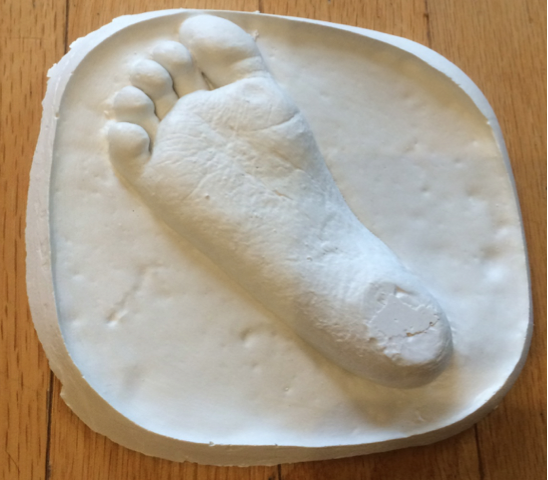The virtual hallway consult as an effective means of continuing professional development in physiatry
DOI :
https://doi.org/10.36834/cmej.36812Mots-clés :
Virtual consult, personal learning projectRésumé
Background: A personal learning project (PLP) is an accredited form of Continuing Professional Development (CPD) in Canada, and is a self-initiated learning activity that is stimulated by a question, issue or dilemma in one’s professional practice. Many complex cases or issues have no answers that are readily available. Many physicians rely day to day on other physician colleagues that they may consult in their institution. Given the paucity of same specialty Physical Medicine and Rehabilitation colleagues in Canadian centres, the idea of Virtual Spinal Cord Injury (SCI) Hallway germinated, to provide a simple tool to extend our hallways to reach colleagues with similar interests across the country.
Methods: The Virtual SCI Hallway is a service set up on Yahoo Groups, with no cost to the users. On this invite-only site, members may post a question, and then all members receive the post by email. Any member may respond.
Results: The SCI Hallway has been running successfully for over 13 years. As of January 2017, there were 38 members, with 2124 messages within approximately 324 conversations. Activity has been consistent since 2003. Questions and posts are not always medical expert related; there are also advocacy, professional, and scholar-role related posts.
Discussion: Communication amongst specialists about practice and management of complicated problems is important for CPD, yet is difficult in subspecialized areas of medicine. Although there are many chat-pages in different areas of medicine on the internet, to our knowledge, there is not another secure, invite-only site that is low-maintenance and no cost.
Téléchargements
Publié
Numéro
Rubrique
Licence
La soumission d’un manuscrit original à la revue constitue une indication qu’il s’agit d’un travail original, qu’il n’a jamais été publié et qu’il n’est pas envisagé pour publication dans une autre revue. S’il est accepté, il sera publié en ligne et ne pourra l’être ailleurs sous la même forme, à des fins commerciales, dans quelque langue que ce soit, sans l’accord de l’éditeur.
La publication d’une recherche scientifique a pour but la diffusion de connaissances et, sous un régime sans but lucratif, ne profite financièrement ni à l’éditeur ni à l’auteur.
Les auteurs qui publient dans la Revue canadienne d’éducation médicale acceptent de publier leurs articles sous la licence Creative Commons Paternité - Pas d’utilisation commerciale, Pas de modification 4.0 Canada. Cette licence permet à quiconque de télécharger et de partager l’article à des fins non commerciales, à condition d’en attribuer le crédit aux auteurs. Pour plus de détails sur les droits que les auteurs accordent aux utilisateurs de leur travail, veuillez consulter le résumé de la licence et la licence complète.











